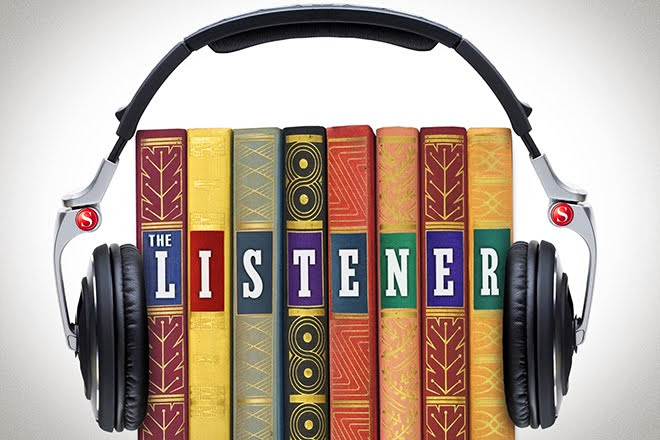Shri Vishnu Gita AudioBook (Hindi)
Vishnu Gita is a dialogue between Lord Maha Vishnu and the Devatas. It is believed to be much older than Bhagavad Gita as it was told in Satya Yuga (Krita Yuga) and the latter was told in Dwapar Yuga. Though one finds much striking similarities between these two Gitas, Vishnu Gita has its own unique style and lays more emphasis on the importance of a Sadguru.
Download Vishnu Gita audio MP3 files here - https://archive.org/details/VishnuGitaAudioBook

























